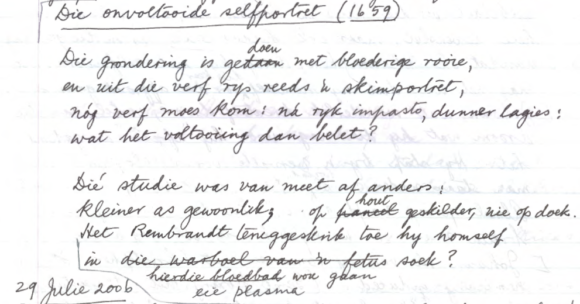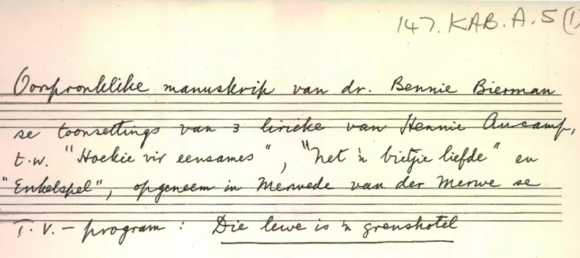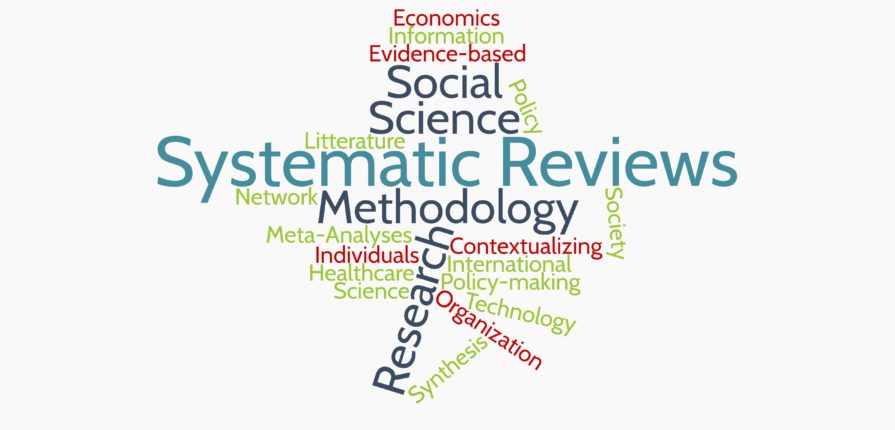The more well-populated ORCID records and integrated systems there are, the more value research communities will get from participating in ORCID. For the researcher, this might mean less administrative burden and time saved managing research outputs.
Here are a few tips for researchers to improve the content of their ORCID records:
- Add a biography to your record.
It is possible to add a brief biography to your ORCID record to provide a narrative description of you and your research career and interests. This might be helpful to distinguish yourself from other researchers with the same name. In this way it enables you to add more information about yourself than only your employment and publications. - To make your data discoverable, set visibility to “Everyone”
You are in complete control of the visibility of each section of data in your ORCID record. If it is important to you that your work is discoverable, check to see that your data is visible to Everyone. - Create connections
One way to allow your trusted organisations to link with and make updates to your record—so you can get credit for your work — is by including your iD when you submit to publishers, apply for grants, or in any other research workflows. Another way is to import data from integrated systems via any of the Search & link tools integrated into the Works and Funding sections of My ORCID.

- Take advantage of auto-updates from Crossref
Crossref is currently the only system that uses the ORCID Inbox to send auto-update requests. The request is sent to your ORCID Inbox after a publisher submits a new work to Crossref, as long as you have provided your ORCID iD to the publisher on submission. If you do not want to grant permission to update your record with the new work, simply ignore the notification from Crossref. Learn more about granting permissions to trusted parties from your ORCID inbox here. Learn more about Crossref auto-update here. - Designate a Trusted individual
Did you know you can grant permission to one or more trusted individuals to update your ORCID record? Some researchers may wish to delegate someone —a Trusted individual—to help them edit information on it or make connections with external systems. A trusted individual does not need to be another researcher, but must have their own ORCID iD. Find out more about Trusted individuals here.
Contact your faculty librarian or Marié Roux for assistance.






